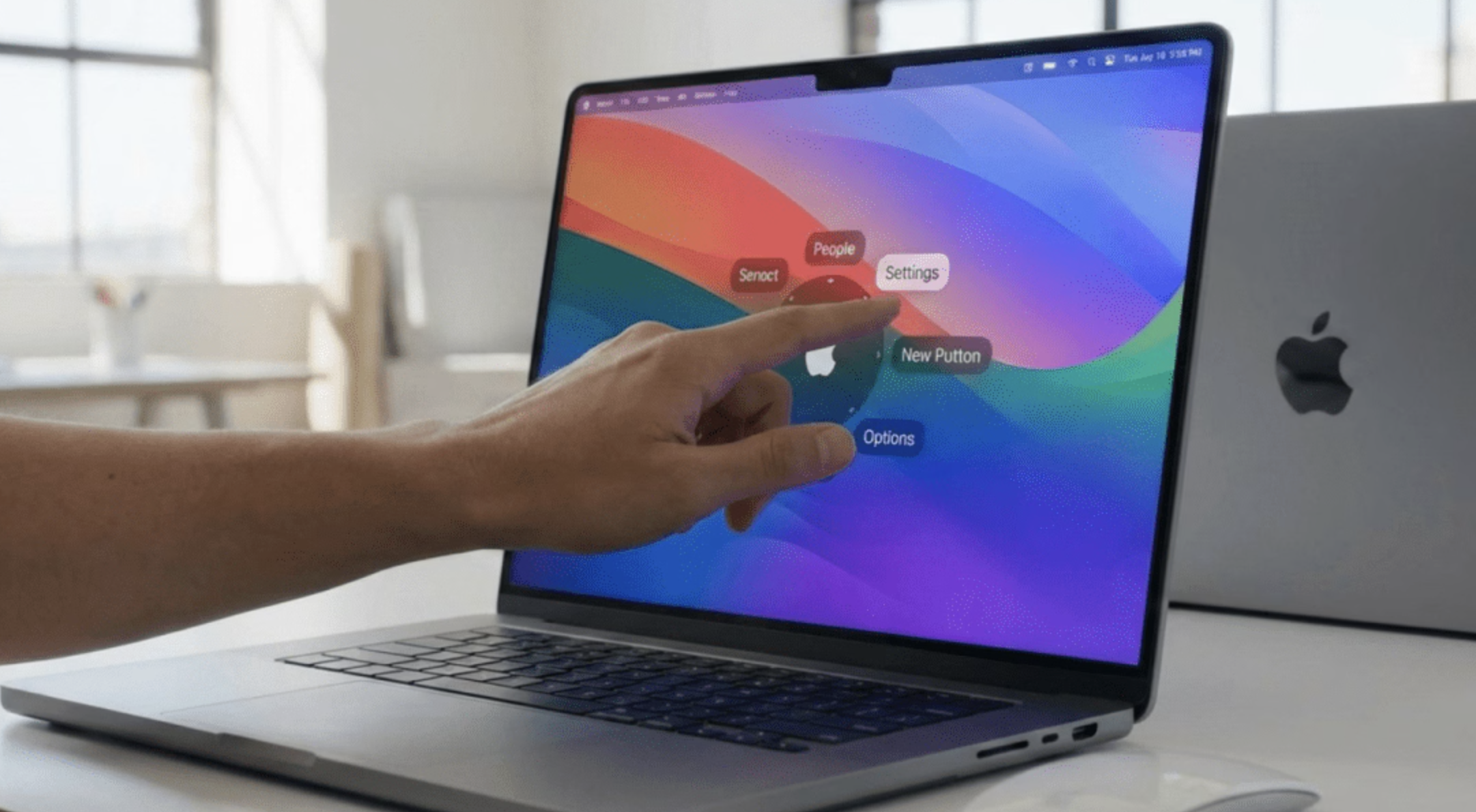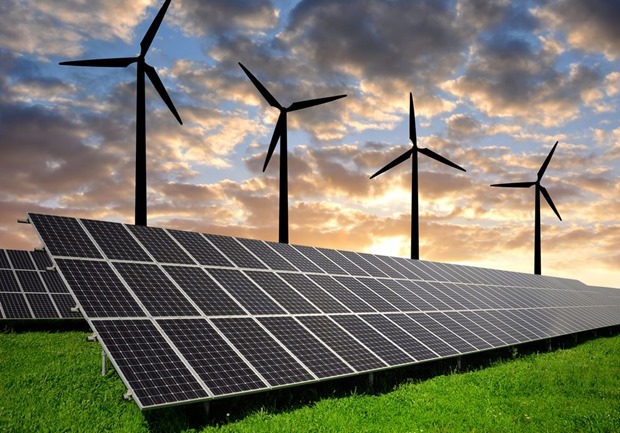Donald Trump, the US President-elect, intends to end birthright citizenship upon taking office on January 20, 2024. During an appearance on NBC’s Meet the Press, he explained, “We’re going to end that because it’s ridiculous.” Trump criticized birthright citizenship, claiming it promotes illegal immigration and encourages “birth tourism.”

“Potential Impact of Trump’s Immigration Reforms on Indians in the US”
The proposed change could have a significant impact on Indians in the US. Russell A. Stamets, a Partner at Circle of Counsels, pointed out the broader consequences, noting Trump’s pledges to limit student visas, H1-B visas, and extensions for student work visas. He emphasized that these actions, along with the potential end of birthright citizenship, would make it more difficult for all immigrants, including Indians, to immigrate and remain in the US.
Birthright citizenship, established by the 14th Amendment, provides US citizenship to anyone born in the country, regardless of their parents’ citizenship. While not all countries extend this right, Trump and his supporters argue for reform to prevent potential abuse. If Trump moves to end birthright citizenship, legal challenges are expected.
“Challenges and Uncertainty Surrounding Trump’s Push to End Birthright Citizenship”
The practice is deeply rooted in US law, and changing it would require a constitutional amendment— a process that is notoriously difficult. Experts, such as Rohitaashv Sinha, Partner at King Stubb & Kasiva, highlight the procedural challenges, including the need for a two-thirds majority in Congress and ratification by three-fourths of the states.
Any policy change would impact a significant portion of the population, with over 5.4 million Indian Americans. Although Trump has proposed using an executive order, experts are skeptical about its effectiveness. Alex Nowrasteh from the Cato Institute pointed out that Trump has made similar claims for years without taking action, raising doubts about his ability to end birthright citizenship.












